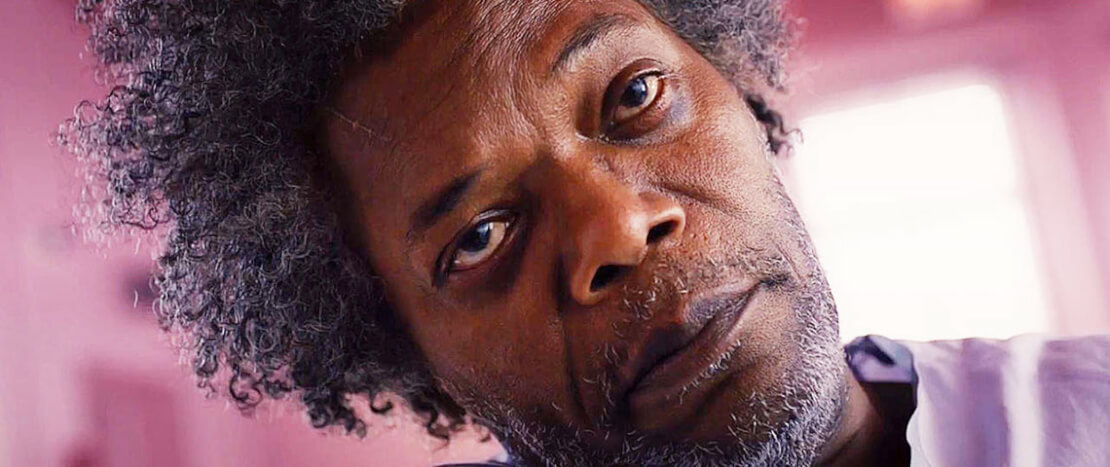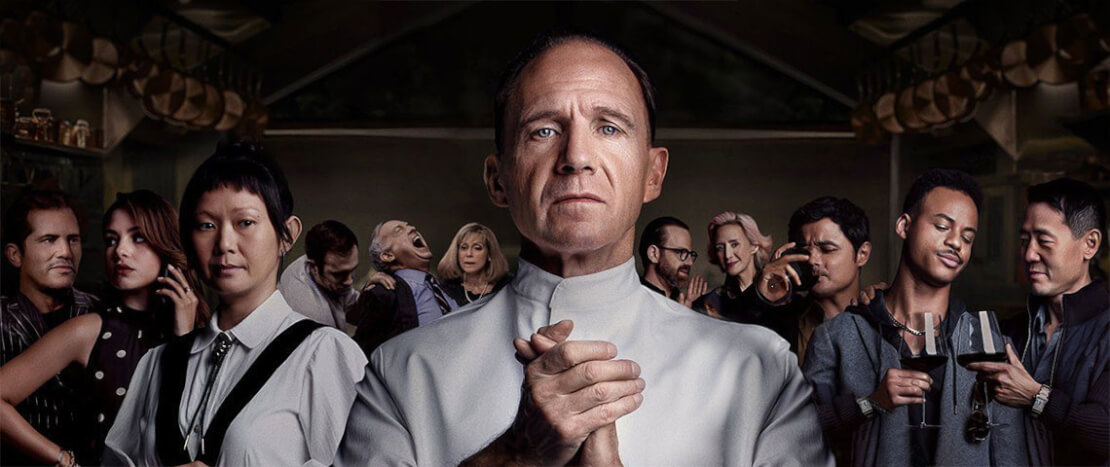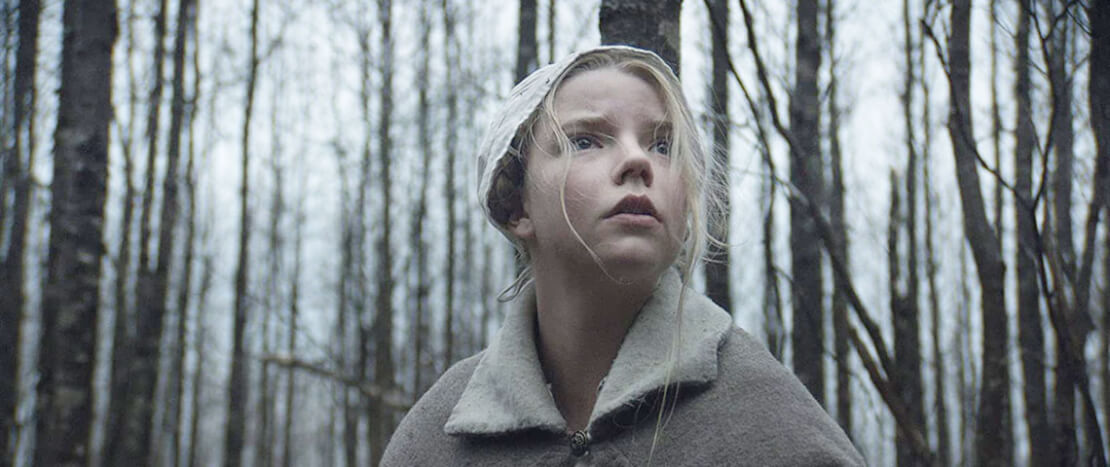Glass
David Dunn (Bruce Willis) runs a security firm with his son Joseph (Spencer Treat Clark) in Philadelphia. Trawling the city’s back streets at night David and Joseph conduct a different kind of security – vigilante justice. Using David’s superhuman strength and ability to detect crime by the merest bodily touch, David brushes against Kevin Wendell Crumb (James McAvoy). Blinded by an immediate vision of four missing handcuffed girls, David decides to follow Kevin. However is doing so, he steps into a future that will reconnect him with one of his oldest foes.
’Glass’s’ cracks turn into fatal shards…
Director M. Night Shyamalan’s ‘Glass’ is the final part of a trilogy of films by the aforementioned director. Starting with ‘Unbreakable’ (2000), continuing with ‘Split’ (2016) and now resolved with ‘Glass’ (2019), each film forms the arc of one overall story played out in Shyamalan’s hometown of Philadelphia.
Bringing back many of the cast from his earlier films, ‘Glass’ does initially take on the appearance of an intentional saga. Continuing on from his multi-faceted tour de force that was ’Split’, James McAvoy reminds us what a versatile talent resides inside his body. Seamlessly skipping across the mannerisms of each of his character’s personalities, his performance is the one overriding reason to watch this film. Bruce Willis returns to form as a slightly less dour version of David Dunn from ‘Unbreakable’, and Samuel L. Jackson is dependably left to chew scenery whenever it is presented to him. Added to this line-up, Sara Paulson (fresh from ‘American Horror Story’) arrives as Dr Ellie Staple, a psychiatrist who treats those under the delusion of being super human – and this is where ‘Glass’s’ cracks turn into fatal shards.
Whilst it is not the fault of Paulson or Jackson themselves, any credibility these actors can infuse is rapidly undone by the movie’s overriding need to please. In committing the fatal act of articulating every one of its beats, the script forces each actor to narrate as much as they act, thereby rendering any suspense null and void. Nowhere is this more exposed than when Samuel L. Jackson’s heaving intonations are cheaply traded in for a diabolical plan that feebly rehashes of Unbreakable’s closing premise. Doubling down on this sizeable injury, when Shyamalan’s signature 3rd act twist comes, the writer/director further resorts to shaking the hand of ’Unbreakable’ again with a now much-overused reveal.
So, by clutching at thematic straws of Shyalaman’s previous two movies, ‘Glass’ is a film that shatters in slow motion like the opening credits that announce its very arrival. As you genuinely cease to care the longer it continues, Shyamalan rips up all of the backstories and justifications of his characters like a biographical buzzsaw. In amongst the falling ashes of fond, former cinematic memories, ‘Unbreakable’ and the ’Split’ are both left mortally wounded in what amounts to an unnecessary reprise of the Matrix trilogy massacre.
Whereas ‘Split’ is a movie that actually improves on repeated viewings and ‘Unbreakable’ remains a classic for its inventiveness and restraint, ‘Glass’ is ultimately that dread third act which chooses to run over your affections instead. Preserve your memory of ‘Unbreakable’ and ’Split’. Look away now. You probably won’t be able to, but in the ever-so polite tones of McAvoy’s Patricia – “Please, do try”.













